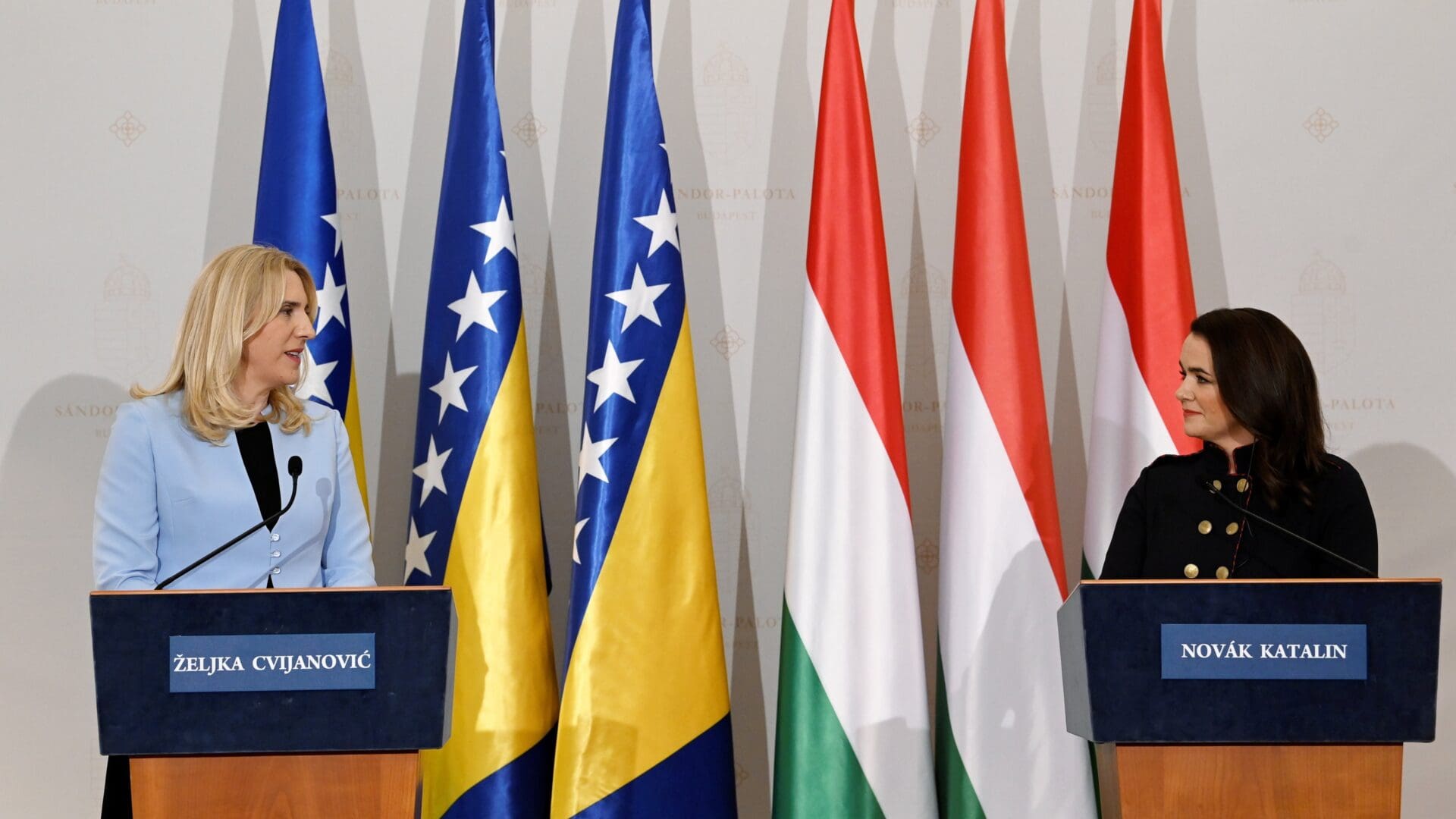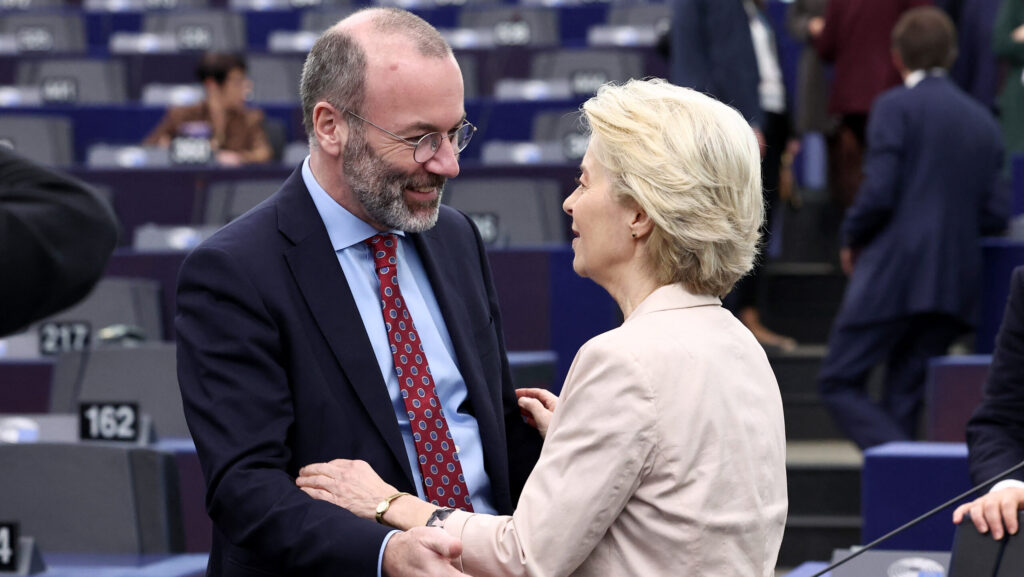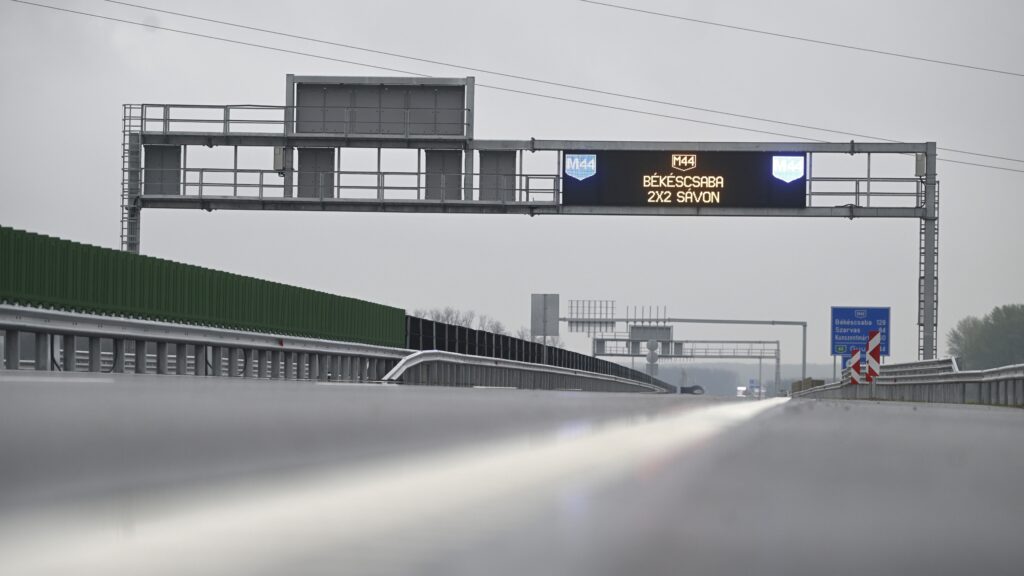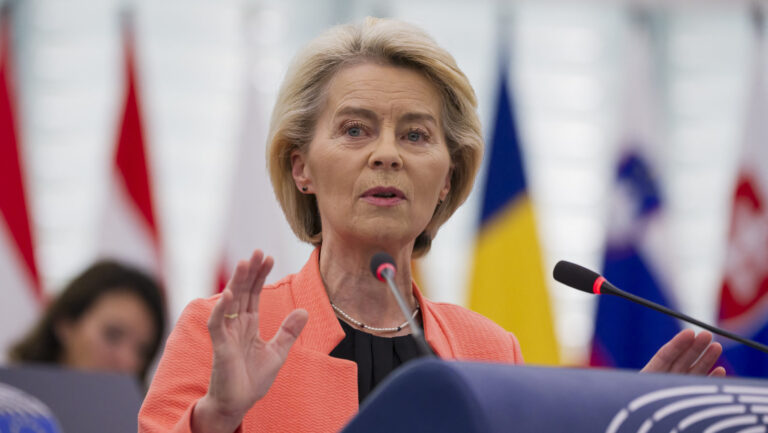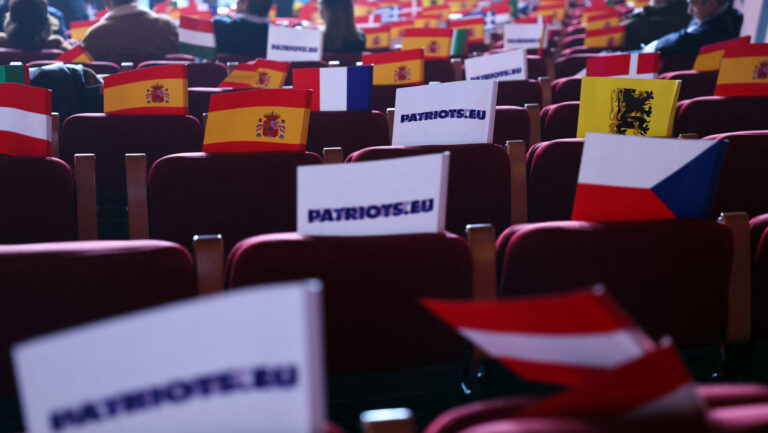Hungary is a bridge to the European Union that can help Bosnia and Herzegovina and the Western Balkans to build ties with the European community, Zeljka Cvijanovic, Chairwoman of the Presidency of Bosnia and Herzegovina, said in Budapest on Monday after meeting with the President of Hungary Katalin Novák.
Hungary is the Best Friend of the Western Balkans
At their joint press conference, Zeljka Cvijanovic said her country was grateful for the understanding that Hungary had shown towards the Western Balkans, something that not many countries have done. Hungary’s good relations with Bosnia and Herzegovina and the Western Balkans region are highly appreciated, and it is important that Hungary has proved that it is serious about economic cooperation with the region, he added.
Hungary is the best friend of the Western Balkan countries, President Katalin Novák said at the international press conference. Katalin Novák welcomed Bosnia and Herzegovina having been granted the status of candidate country for EU membership in December 2022. This process must not slow down or stop, the President highlighted.
The Western Balkans are of paramount importance and could be the key to Europe’s future. The countries of the Western Balkans ‘can count on us’, they have a place in Europe, not only historically, in their values, ideology and geography, but also legally and economically, Novák emphasised.
In this regard, Hungary aims to speed up the process of Bosnia and Herzegovina’s EU accession and would like to welcome it as a full member of the EU as soon as possible.
‘We need Bosnia and Herzegovina within the EU,’ President Novák stated.
The Hungarian head of state said that their meeting also covered the Russo-Ukrainian war, illegal immigration, economic cooperation and the demographic crisis. Both Katalin Novák and the President of Bosnia and Herzegovina reaffirmed their positions regarding the war in Ukraine: both countries stand for the integrity and sovereignty of Ukraine, condemn Russian aggression and consider the achievement of peace as the most important goal.
The President of Hungary also said that stopping illegal immigration is a priority for both countries, and they are building an alliance in stopping the demographic decline as well.
The economic cooperation between the two countries is exemplary and growing stronger, said the Hungarian President, pointing out that Hungary is supporting companies and businesses in Bosnia and Herzegovina and also providing assistance in the fight against the coronavirus pandemic.
In response to a question, Katalin Novák said that the Western Balkans are of the utmost importance and could be key to Europe’s future. Whether the Western Balkans will be inside or outside Europe in the coming decades will also determine the development of the EU.
She said the Western Balkan countries have their place within the EU, and Hungary can play a key role in this.
‘We know the way of thinking there, the peculiarities, so we can be a kind of translator between the EU and the Western Balkans,’ Katalin Novák argued. She added that she is planning to meet the leaders of the countries of this region in person because there is a common interest in maintaining personal contacts. She indicated that she will also visit Northern Macedonia soon.
Another aspect, she continued, is security policy, as there have been, are and could be tensions in the Western Balkans. It is therefore important to preserve security in the region, and Hungary can also play a key role in that. So the stability of the Western Balkans is also a priority objective, which is why Hungary has a military presences there, with 164 Hungarian soldiers currently serving in Bosnia-Herzegovina.
Hungary’s Advocacy for the Western Balkans
Hungary has long been a supporter of the EU integration of the Western Balkans, both on its own and using the V4 format. Budapest believes that, given the region’s geographical location, the Western Balkans have strategic importance for the EU in terms of security, stability, trade and transit routes. Due to its proximity to the region, the accession of the Western Balkans countries is also in Hungary’s national security interests since these states, constituting the southern entrance gate of Central Eastern Europe, are essential in securing peace and stability in the region.
‘The European Union has a historic responsibility to give impetus to the enlargement of the Western Balkans,
and failure to do so would seriously harm the security interests of the community, including Hungary,’ Hungarian Minister of Foreign Affairs and Trade Péter Szijjártó argued after meeting with his Bosnian counterpart in Budapest in July 2022.
For the Western Balkans, the fact that Hungarian Olivér Várhelyi was appointed European Commissioner for Neighbourhood and Enlargement in the von der Leyen Commission in 2019 could greatly facilitate the moving forward of the accession process. Among Mr Várhelyi’s responsibilities is ensuring a credible European Union perspective for the Western Balkans, including progressing on the accession process or supporting proposals on opening enlargement negotiations with the Republic of North Macedonia and the Republic of Albania.
‘We Europeans not only know that Europe’s stability, security and development are not possible without the full integration of the Western Balkans, but we are ready to act. We must now work very hard with the candidate countries to accelerate preparations and eventually full integration,’ Mr Várhelyi told Euractive last July, summarising the desirable direction of EU enlargement policy in the context of the war.
The integration of the Western Balkan countries into the EU is a process that has been dragging on for quite a while. Northern Macedonia has been a candidate country since 2004, Montenegro since 2008, Serbia and Albania since 2009, which indicates the EU’s enlargement fatigue. This was also underlined at the recent EU-Western Balkans summit in Tirana on 6 December. Despite the significant grants and investments agreed upon by the EU and the bloc’s support for the regional association process, what Tirana didn’t bring closer is the holy grail for the Western Balkans: fast-tracked EU accession.

